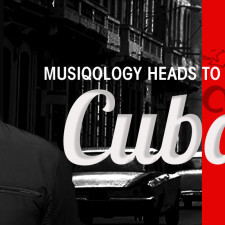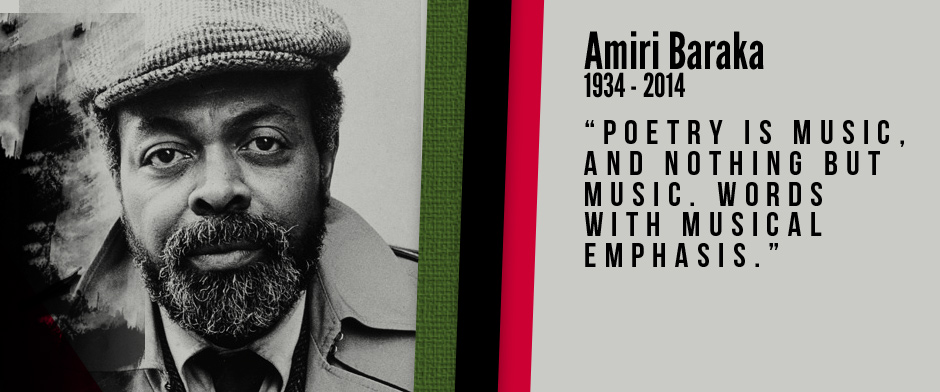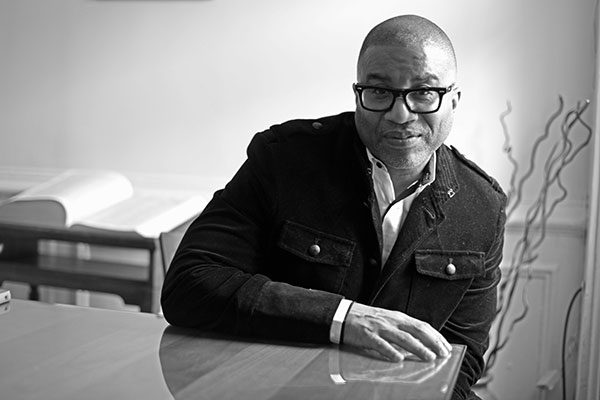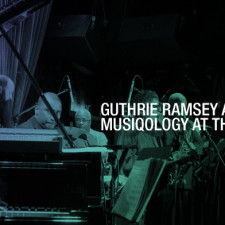When you say blues, many people think of an historical genre of the American past. In his 1963 classic book Blues People, a young, and then uncontroversial, LeRoi Jones wrote so eloquently about the blues aesthetic in black vernacular music that the
book is used almost as a “passport to adventure” in contemporary studies of African American music. Indeed, the blues have informed many genres—rock, gospel, jazz, and extends to even hip-hop.
Although rooted in African American communities of the early 20th century, the blues’ influence has since its inception become a cross-cultural, intra-ethnic, poly-nation, and very fluid phenomenon, with too many iterations, versions, and inversions to name. Click to hear a conversation I had on NPR recently about how we can all be considered “blues people” when you consider the matter closely.
In the controversial video “Window Seat, a work that she described as installation art, Erykah Badu, the modern hoodoo blues woman, is all fed up and sighs:
“On this porch I’m rockin’ by and forth like Lightnin’ Hopkins, can somebody speak to Scotty and beam me up…”
On the other hand, a powerful Karen Clark Sheard, the undisputed top-of-line gospel diva, sanctifies and then electrifies blues tributaries in “Couldn’t Help It If I Tried.” Buckle your seat belts, kids, she ain’t playing with this stuff.
Dr. Guy
Tags: Blues, blues people, erykah badu, Guthrie Ramsey, karen clark sheard, leroi jones, npr


 Share On Facebook
Share On Facebook Tweet It
Tweet It


![[WATCH] The Babyface Tribute You Didn’t Know You Needed](http://musiqology.com/blog/wp-content/uploads/2015/11/soul-train-225x225.png)


![[VIDEO] Kamasi Washington’s “Epic” Album Release Show](http://musiqology.com/blog/wp-content/uploads/2015/05/kanmasiwashington-225x225.jpg)
![[VIDEO] Black Music and the Aesthetics of Protest](http://musiqology.com/blog/wp-content/uploads/2015/03/onlynchings1-225x225.jpg)




